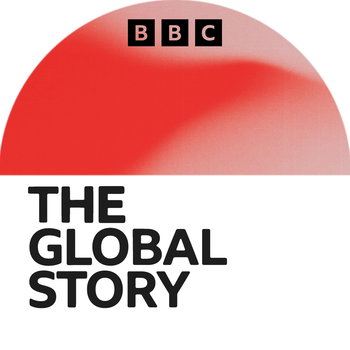
The Moon (Archive Episode)
Loading player...
After 27 years, Melvyn Bragg has decided to step down from the In Our Time presenter’s chair. With over a thousand episodes to choose from, he has selected just six that capture the huge range and depth of the subjects he and his experts have tackled. In this first pick, we hear Melvyn Bragg and his guests discuss the origins, science and mythology of the moon.
Humans have been fascinated by our only known satellite since prehistory. In some cultures the Moon has been worshipped as a deity; in recent centuries there has been lively debate about its origins and physical characteristics. Although other planets in our solar system have moons ours is, relatively speaking, the largest, and is perhaps more accurately described as a 'twin planet'; the past, present and future of the Earth and the Moon are locked together. Only very recently has water been found on the Moon - a discovery which could prove to be invaluable if human colonisation of the Moon were ever to occur.
Mankind first walked on the Moon in 1969, but it is debatable how important this huge political event was in developing our scientific knowledge. The advances of space science, including data from satellites and the moon landings, have given us some startling insights into the history of our own planet, but many intriguing questions remain unanswered.
With:
Paul Murdin
Visiting Professor of Astronomy at Liverpool John Moores University
Carolin Crawford
Gresham Professor of Astronomy at the University of Cambridge
Ian Crawford
Reader in Planetary Science and Astrobiology at Birkbeck College, London.
Producer: Natalia Fernandez
Spanning history, religion, culture, science and philosophy, In Our Time from BBC Radio 4 is essential listening for the intellectually curious. In each episode, host Melvyn Bragg and expert guests explore the characters, events and discoveries that have shaped our world.
Humans have been fascinated by our only known satellite since prehistory. In some cultures the Moon has been worshipped as a deity; in recent centuries there has been lively debate about its origins and physical characteristics. Although other planets in our solar system have moons ours is, relatively speaking, the largest, and is perhaps more accurately described as a 'twin planet'; the past, present and future of the Earth and the Moon are locked together. Only very recently has water been found on the Moon - a discovery which could prove to be invaluable if human colonisation of the Moon were ever to occur.
Mankind first walked on the Moon in 1969, but it is debatable how important this huge political event was in developing our scientific knowledge. The advances of space science, including data from satellites and the moon landings, have given us some startling insights into the history of our own planet, but many intriguing questions remain unanswered.
With:
Paul Murdin
Visiting Professor of Astronomy at Liverpool John Moores University
Carolin Crawford
Gresham Professor of Astronomy at the University of Cambridge
Ian Crawford
Reader in Planetary Science and Astrobiology at Birkbeck College, London.
Producer: Natalia Fernandez
Spanning history, religion, culture, science and philosophy, In Our Time from BBC Radio 4 is essential listening for the intellectually curious. In each episode, host Melvyn Bragg and expert guests explore the characters, events and discoveries that have shaped our world.


